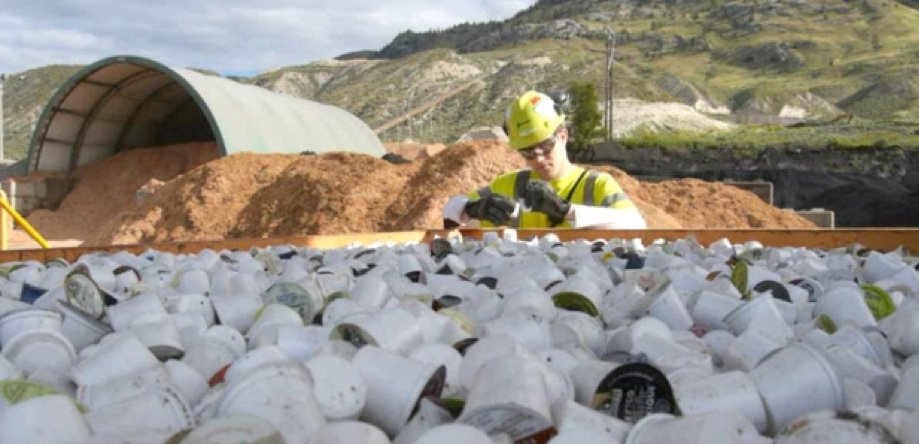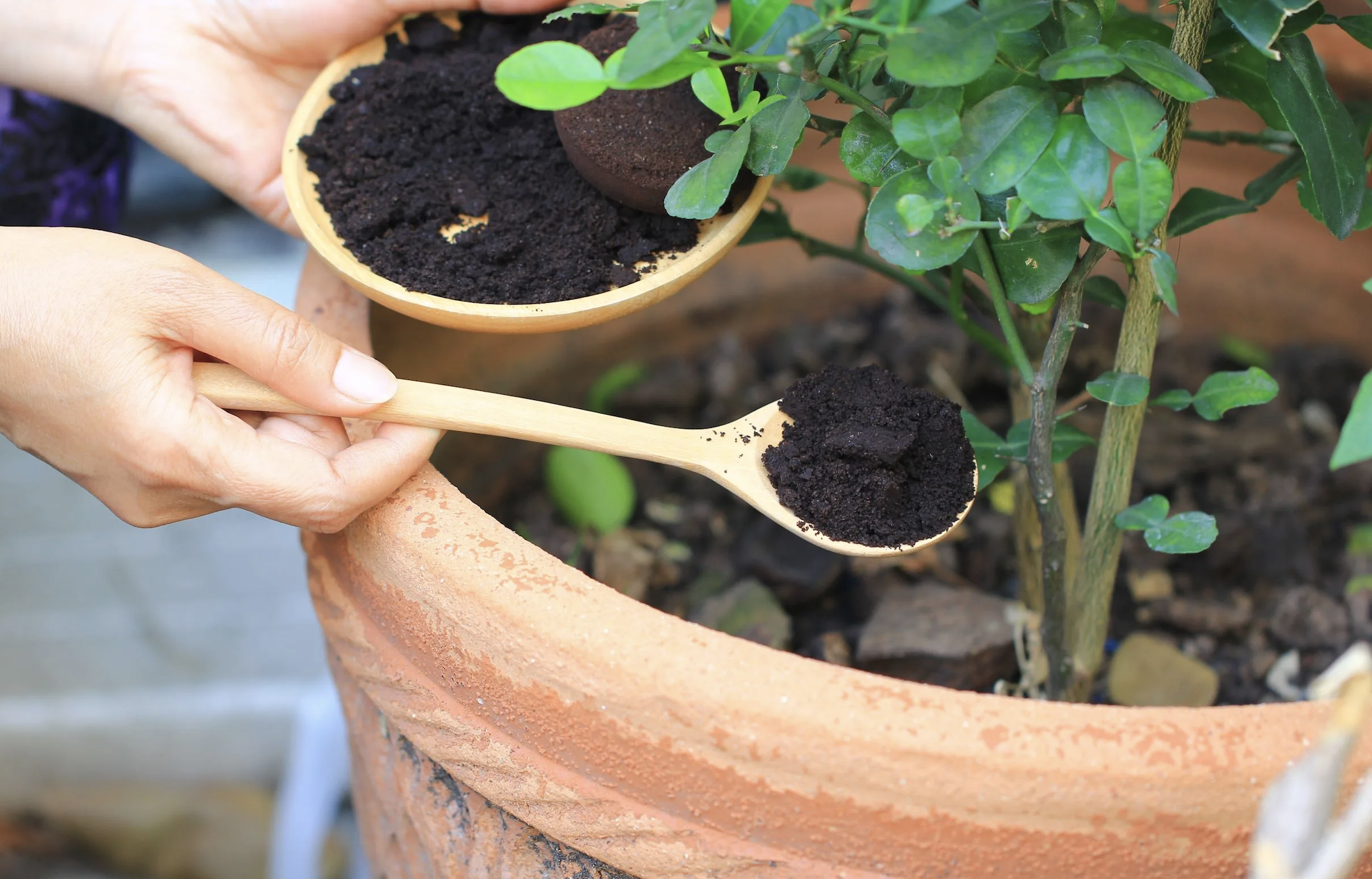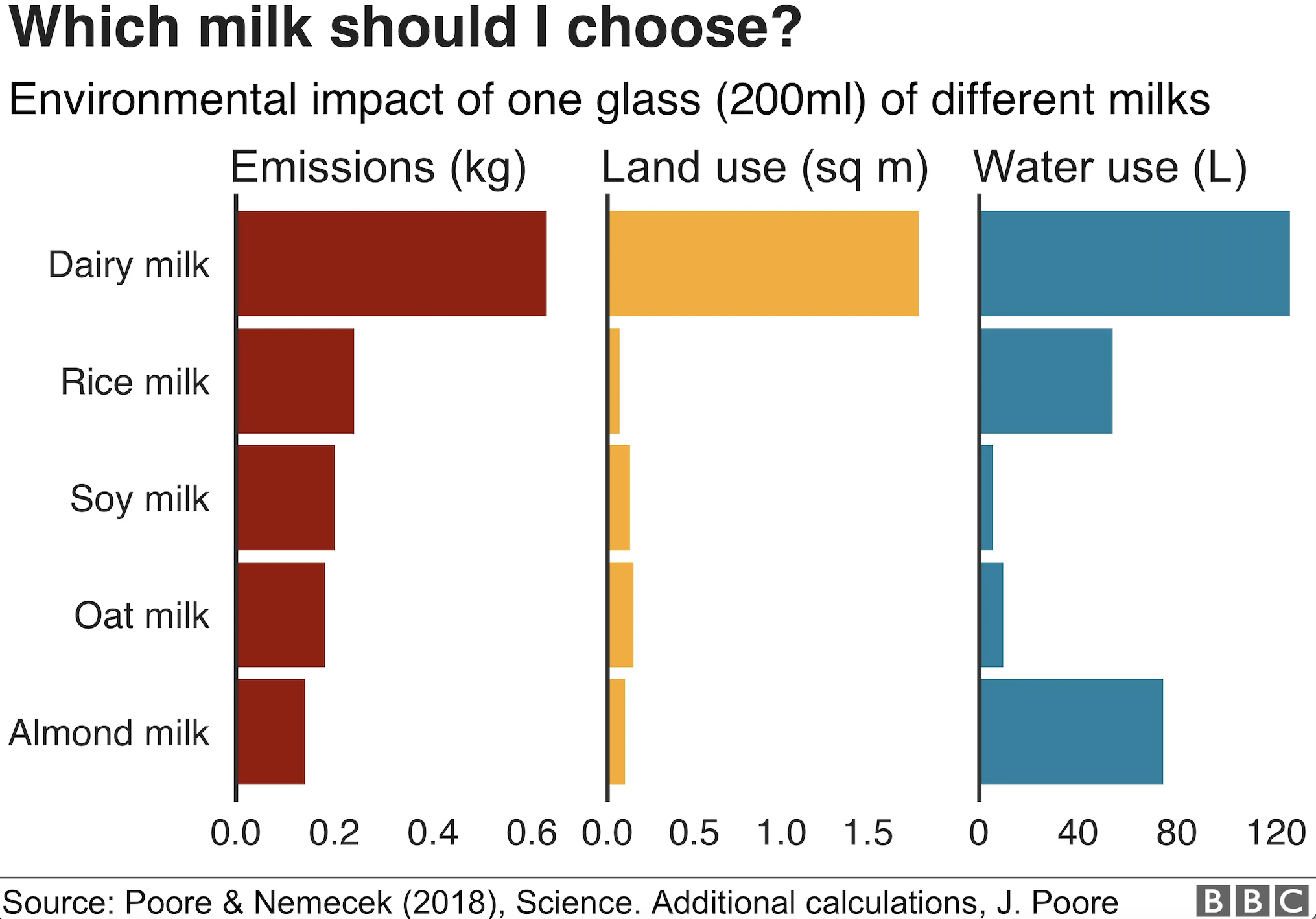Sip Sustainably: Eco-Friendly Coffee Hacks for Guilt-Free Brewing
As both coffee lovers and citizens of this gorgeous planet we call Earth, striking a balance between savoring our favorite brew while at the same time limiting our negative environmental impact is important. From our ever-growing use of disposable coffee cups to the energy-intensive roasting process, the fact of the matter is that both coffee production and consumption leave a significant ecological footprint but with a few mindful changes, we can continue to enjoy our favorite beverages guilt-free. Here are some eco-friendly hacks to make your coffee routine more sustainable.
1. Choose Ethical and Sustainable Coffee Beans
When purchasing coffee, look for certifications like Fair Trade, Rainforest Alliance or USDA Organic. These labels ensure that the coffee was produced with minimal harm to the environment and that farmers received fair wages. According to the Rainforest Alliance, shade-grown coffee is particularly beneficial as it preserves both forest ecosystems and supports biodiversity.
2. Brew with Reusable Equipment
Long gone are the days of single-use coffee pods and disposable filters. While they’re definitely more time consuming, opt for brewing methods like French presses, pour-over coffee makers with metal filters or AeroPress devices. Not only can these three methods produce infinitely better tasting coffee than your average K-Cup, but they also reduce waste. Reusable options help minimize the millions of disposable coffee filters discarded annually, as reported by the Environmental Protection Agency (EPA).
3. Compost Coffee Grounds
Those used up coffee grounds and “forbidden brownies” (IYKYK) don’t always have to end up in the trash. Composting them instead is an excellent way to reduce landfill waste while enriching your garden's soil since coffee grounds are rich in nitrogen which helps create a healthy medium for plants to grow. The USDA suggests mixing coffee grounds with other compost materials to maintain a balanced compost pile.
4. Switch to Plant-Based Milk Alternatives
The production of traditional dairy milk has a considerably high carbon footprint due to methane emissions from cows and land usage. Switching to plant-based alternatives like oat or soy milk can significantly reduce your environmental impact. You may have noticed that both almond and rice milk were omitted. This is because although they release similar levels of emissions into the environment as oat and soy milk, they demand a substantial amount more water. According to a study published in Science, producing oat milk generates 80% fewer greenhouse gas emissions than dairy milk.
5. Opt for a Reusable Coffee Cup
If you're always on the go, investing in a high-quality, reusable coffee cup can save you from using hundreds of plastic cups a year. Another incentive is that many coffee shops offer discounts for customers who bring their own cups. According to a report by the International Coffee Organization, billions of disposable cups end up in landfills each year. By carrying a reusable cup, you can play a part in reducing this waste. This isn’t to say one should go crazy when purchasing reusable cups, mugs and tumblers since excess consumption presents an entire other set of environmental issues.
Final Thoughts
Adopting eco-friendly coffee habits doesn't necessarily mean giving up your beloved cup of joe. By choosing ethically grown beans, composting grounds and using reusable brewing equipment, you can make a positive impact on the planet. These changes might feel small but they add up over time thus creating a more sustainable future for coffee lovers and the environment alike.







